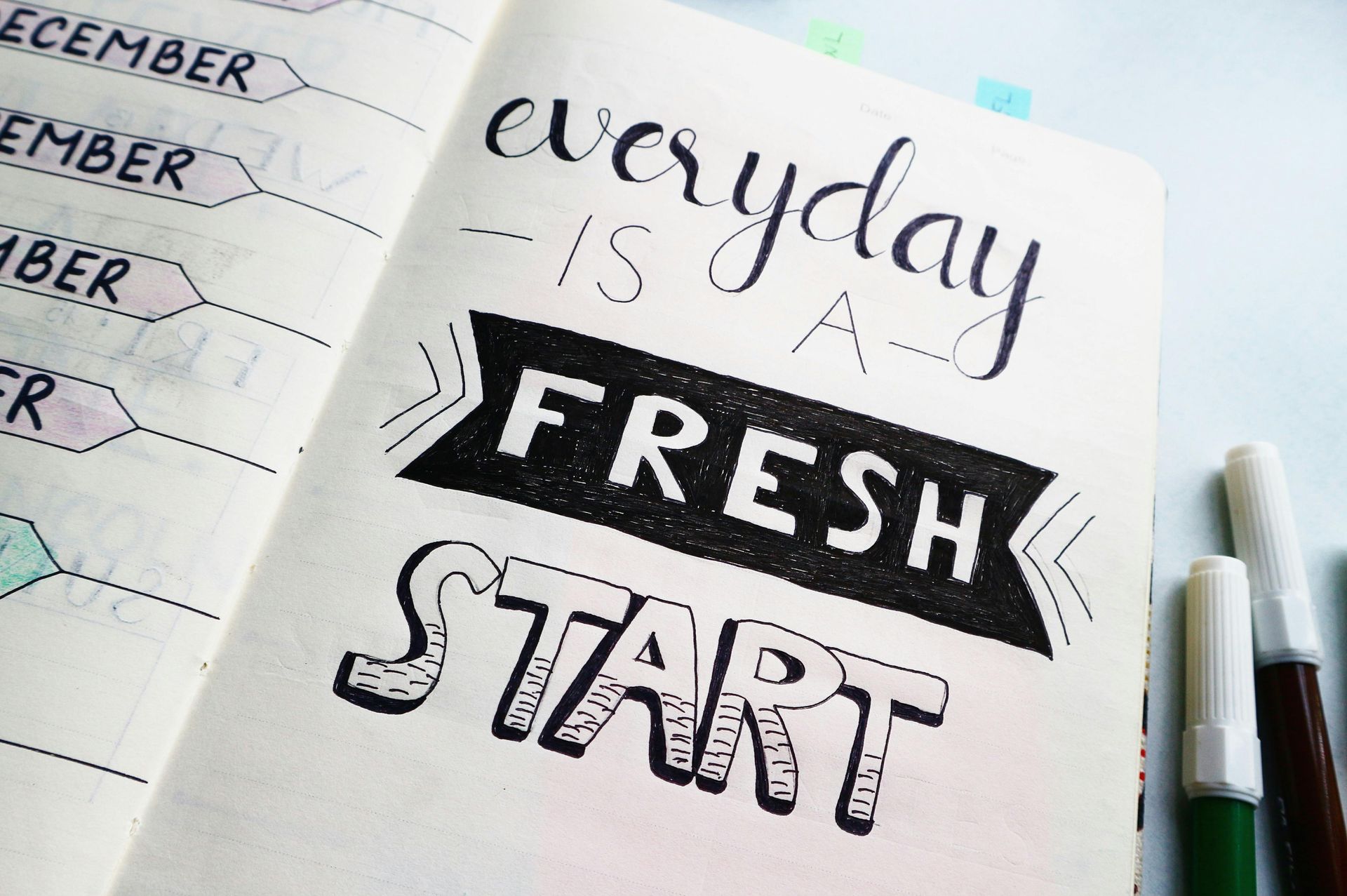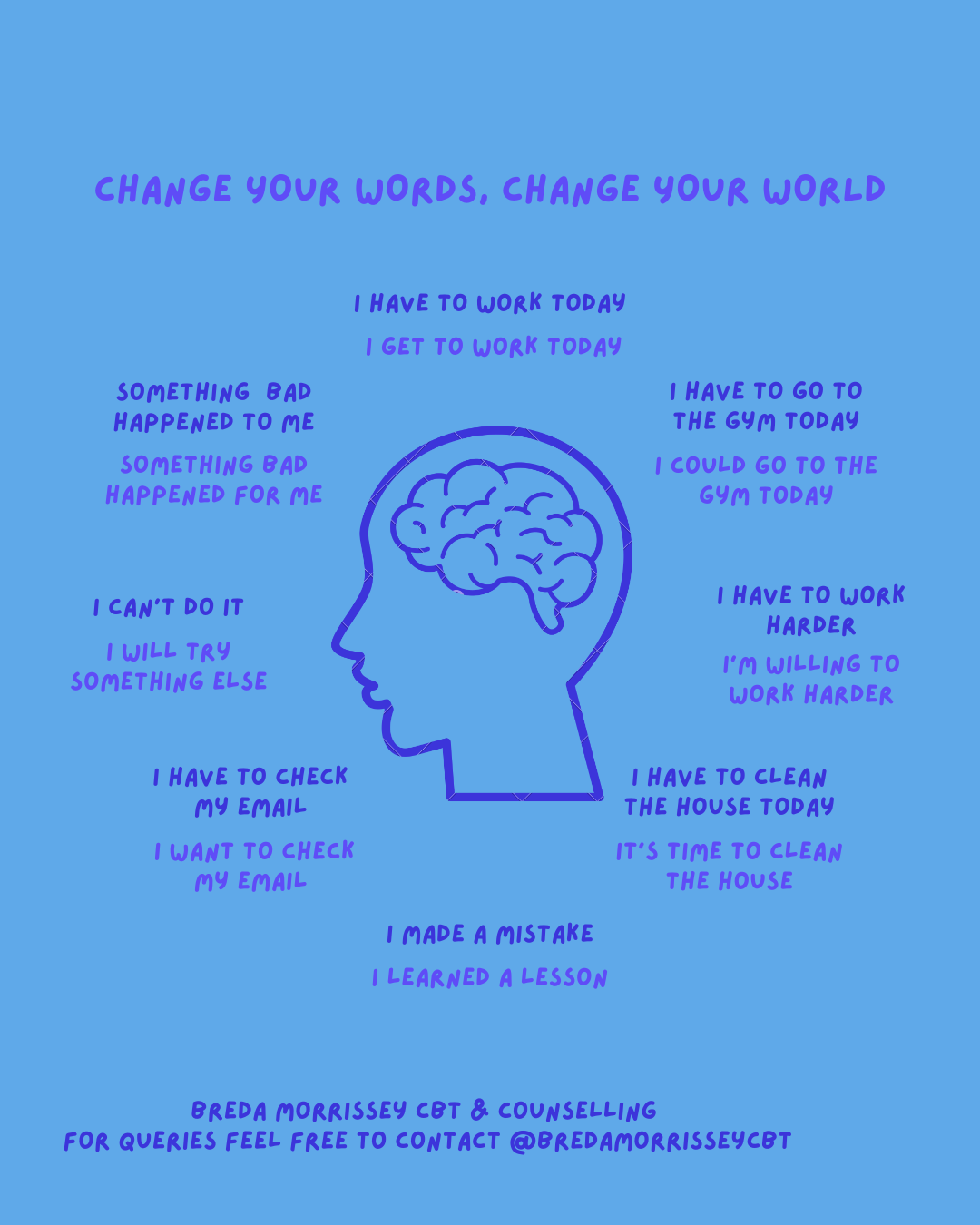Ambiguous loss
Ambiguous loss can be extremely painful. It can be unclear for friends and family as to how and support someone going through ambiguous loss. Frequently a lack of support for people experiencing ambiguous loss might be because of illness.
Individuals may not recognise the incremental losses as they occur – when a loved one is gradually losing their capacity to do things, as is the case in illnesses such as dementia, MS (multiple sclerosis) and motor neurone disease.
It's often easier and can feel less painful to ignore or deny the reduction in a person's ability to do things, both physically and mentally, than to face up to that loss.
What might help ease the pain of ambiguous loss?
As these losses occur it can be useful to mark them. Speaking with a friend, therapist or having a small ritual for every 'last time' that happens could help you come to terms with what's happening.
The last time they're able to take part in a hobby, the last Christmas or birthday they're able to spend at home. The last time you visit a favourite place with the person, The difficulty here, of course, is recognising those 'last times' as they happen.
It's common to feel anger towards our family and friends for 'not getting it'. They often don't recognise loss unless it involves a death. It's vital that we don't deny the pain of ambiguous loss.
Is it possible to live with ambiguous loss?
If you encounter ambiguous loss, you're not likely to ever 'get over it'. Many people never find closure, but they do find ways of learning to live with loss, without getting over it.
It's important to gradually find meaning in our loss and purpose in our lives, as a way to honour the person that we've lost. Some people live with ambiguous loss throughout their lives.
How to support yourself
How we treat ambiguous loss and the grief it creates. Firstly, acknowledging the loss, feel the grief that comes with it and gradually learn to adapt to our lives alongside our grief.
People experiencing ambiguous loss should be given acknowledgement, compassion and support.
Don't compare.
It's impossible to compare emotions because people aren't simple or the same. There are many variables or contributing factors that are more or less important to each person. It's not helpful to minimize your grief because your situation doesn't include death.
Remember that grieving can compound as well. For example, a person could be moving a child to college, caring for an ill family member and coming to terms with an estranged loved one. Separately, these situations may be manageable, but when they happen simultaneously, the person could struggle with deep feelings of ambiguous loss.
If you're feeling anxious and want to talk www.bredamorrissey.com











